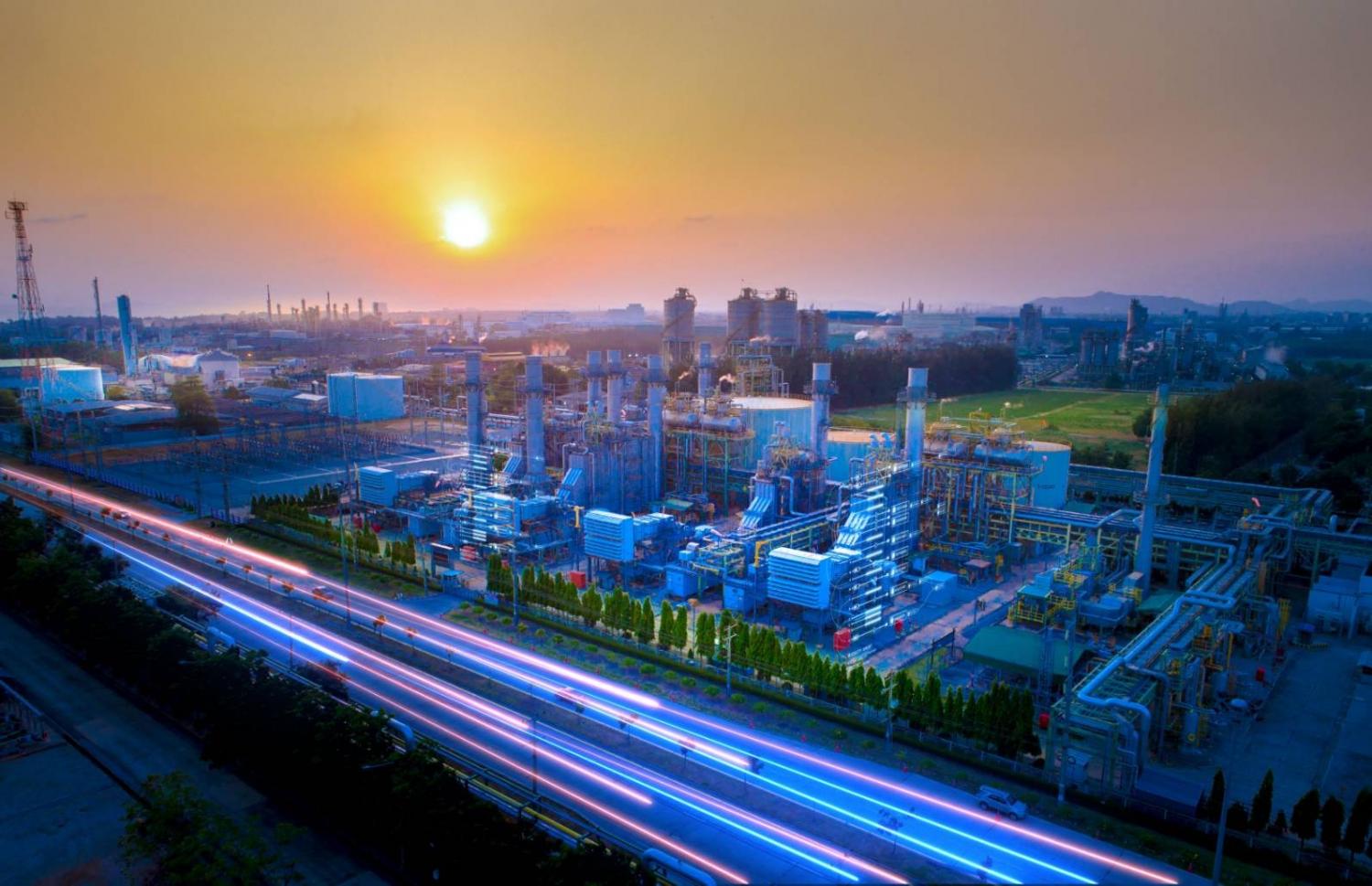
Global Power Synergy Plc (GPSC), the power generation arm of national oil and gas conglomerate PTT Plc, aims to become a renewable energy-driven company by 2030 to help the government fight global warming and better cope with high global energy prices.
The company plans to increase the proportion of renewable energy to more than 50% of total fuels used in its electricity generation, up from 38%, within 2030.
GPSC currently depends on gas and other fuels such as coal that releases a lot of carbon dioxide.
Worawat Pitayasiri, president and chief executive of GPSC, said a shift towards clean energy will be made, along with plans to equip power plants with a carbon capture storage facility and hydrogen fuel cell technology.
This not only supports the government's policy to cut carbon dioxide emissions, but also helps the company avoid global petroleum price fluctuations, he said.
Prime Minister Prayut Chan-o-cha vowed in November 2021 during the 26th UN Climate Change Conference in Glasgow, the UK, that Thailand would be more serious in addressing climate change and strive to reach carbon neutrality -- a balance between carbon dioxide emissions and absorption -- by 2050.
"We are ready to push ahead with our renewable energy mission," said Mr Worawat.
"We will participate in the latest ERC scheme to buy electricity from private power plants using renewable energy," he added.
The Energy Regulatory Commission (ERC) earlier this month started receiving applications from companies interested in bidding for the right to build new power plants and sell "clean electricity" to the state grid.
The authorities will buy a total of 5.2 gigawatts of electricity from the companies that win the bids.
The 5.2GW capacity will come from four renewable sources: bio-gas (335 megawatts), wind power (1,500MW), on-ground solar farms (2,368MW) and on-ground solar farms with an energy storage system (1,000MW).
GPSC is also looking for opportunities to invest in clean energy overseas.
The firm has a total power generation capacity of 7,236MW from facilities in operation and under construction. This amount was calculated based on the firm's equity-based ownership.
Up to 48% of the electricity comes from gas-fired power plants, while 38% comes from solar, wind and hydro power as well as waste-to-energy projects, 11% comes from coal-fired power plants and 3% from pitch or petroleum residue-fired power plants.
In the first nine months of this year, GPSC saw its revenue soar by 68% to 88.8 billion baht, up from 52.8 billion baht during the corresponding period last year.
Its net profit fell by 75% year-on-year to 1.5 billion baht, down from 6.36 billion baht last year.
The profit fall resulted from higher gas and coal prices, which led to slimmer profit margins from electricity sales to the industrial sector though the government raised the fuel tariff, which resulted in higher power bills.







